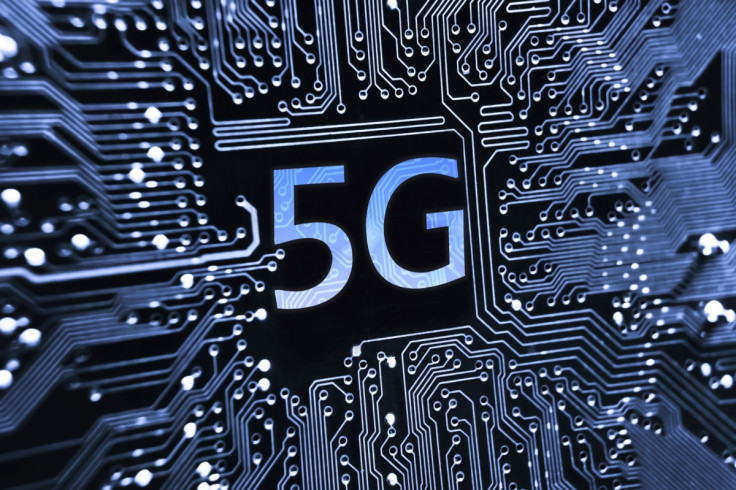5G speeds of 3.6Gbps achieved by Huawei and NTT DoCoMo in first ever large-scale field test

Telecoms giant Huawei and Japanese mobile operator NTT DoCoMo have demonstrated mobile internet speeds of 3.6Gbps in the world's first large-scale public network test of 5G. The field trial was conducted in the city of Chengdu in Sichuan Province, China, on 7 October.
All 24 user devices across the city were able to get download speeds of 3.6Gbps on a wireless network frequency running at sub-6GHz. This is a first since all previous 5G tests have been carried out indoors in controlled environments, rather than outdoors in a city where buildings and infrastructure can block mobile frequencies.
In comparison, EE's 4G network in the UK, which is the biggest in Europe, offers only 300Mbps maximum data speeds. We're only just getting used to 4G but mobile operators are planning for the future as people keep coming up with innovative ways to use smartphones and tablets, which means huge amounts of mobile data is being used.
If everyone is streaming YouTube and Netflix to their phones while downloading a multitude of apps and uploading videos and photos to social media, plus the mobile network is also supporting connected cars and Internet of Things (IoT)-enabled smart devices, then the network will quickly become congested and customers will become unhappy.
To meet these demands, the telecommunications industry hopes to commercialise 5G by 2020, with China and the European Union working together to jointly research the technology so that the beginnings of 5G wireless standards can be established in 2016.
5G achievements so far
Industry bodies such as the Institute of Electrical and Electronics Engineers (IEEE) and the GSM Association (GSMA) are yet to define any standards for 5G, a term used to describe next-generation mobile networks that are expected to have incredibly fast speeds.
In October 2014, Samsung Electronics set the first record by achieving a wireless speed of 7.5Gbps in tests at its DMC R&D Centre at Samsung Electronics in Suwon, South Korea. But in November 2014, the record was beaten by the University of Surrey's 5G Innovation Centre (5GIC), which was founded by a host of telecoms industry partners including Huawei, Fujitsu, EE, Aircom, BT, Samsung, Telefonica, Vodafone, Aeroflex and Rohde & Schwarz, as well as the BBC.
5GIC achieved a speed of 0.8 terabits (800Gbps) in its tests. Then on 25 February, it beat its own record by hitting 1Tbps, which is currently the world record.
However, when it comes to judging 5G wireless speeds, distance and frequency spectrum of the network is also important. So while 5GIC may have hit the fastest speed, their tests were conducted over a distance of only 100m and it is not known what kind of network was used, compared to the Samsung test, which was over a 4.35km outdoor race track and using a 28GHz network.
Ofcom has said 5G could possibly be available in the UK by 2020 and it believes 5G mobile should be able to deliver speeds of between 10-50Gbps, while in contrast 4G currently offers an average download speed of 15Mbps.
© Copyright IBTimes 2025. All rights reserved.






















